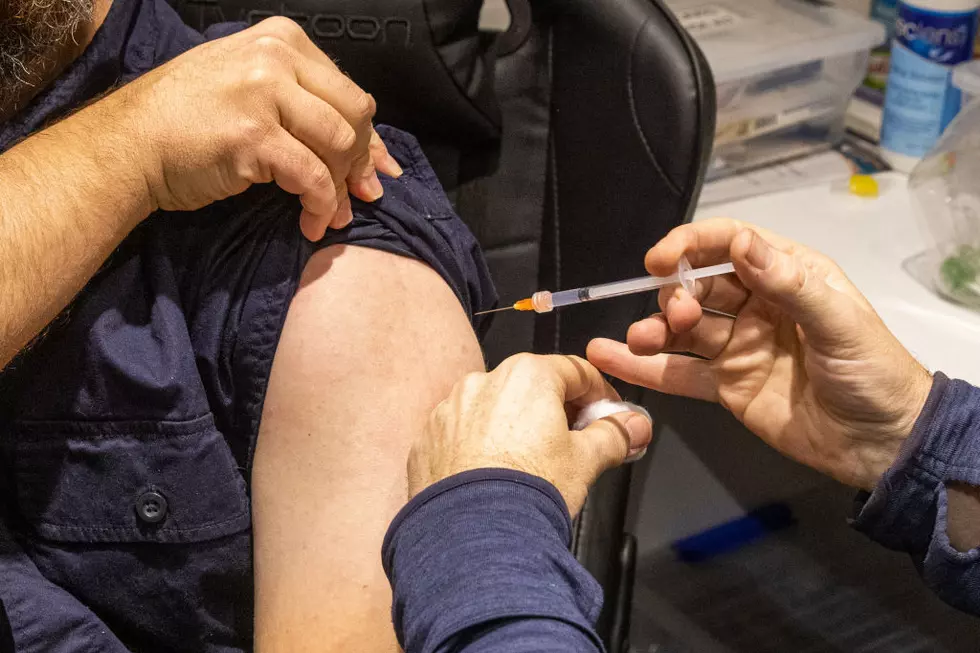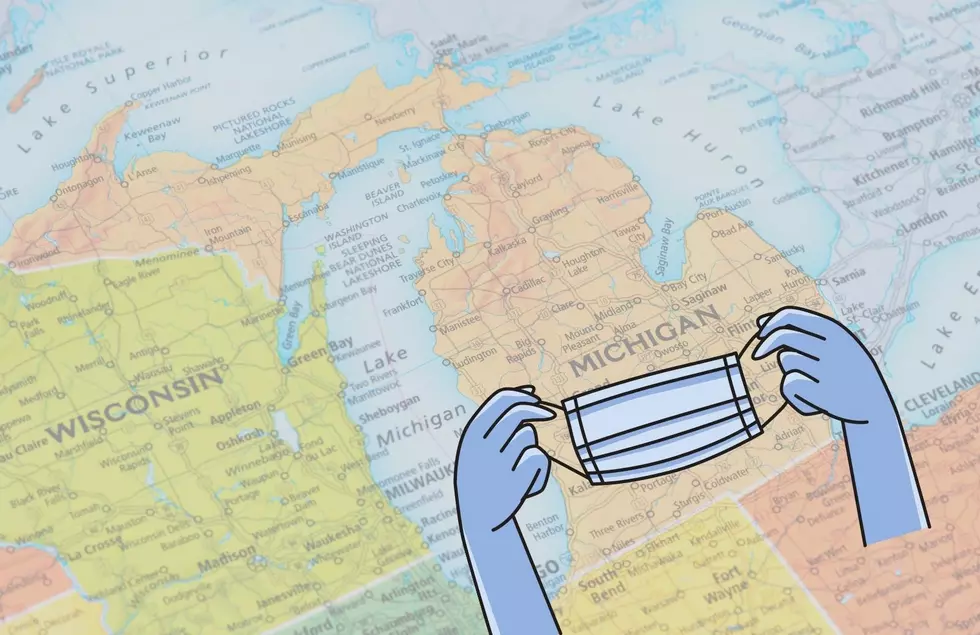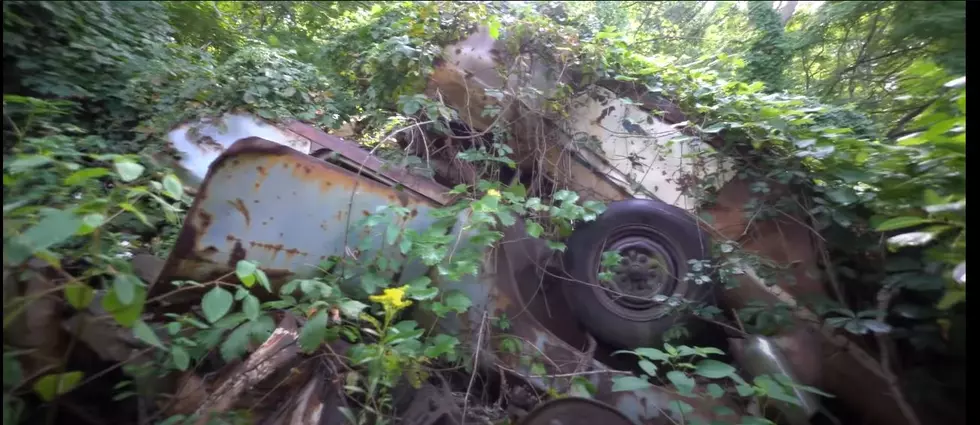
Flushing Your Toilet Helps the CDC Track COVID
The next time you use the bathroom -- and flush the toilet -- you might be helping the Center for Disease Control (CDC) track COVID-19! This is just one weird way that the government is getting data from you.
Back in September of 2020, the CDC launched the National Wastewater Surveillance System. This system was developed to track the presence of SARS-CoV-2 in wastewater samples that were being collected across the United States.
How does this work?
People infected with SARS-CoV-2 can shed the virus through their waste -- even if you don't have symptoms and know you are sick. Wastewater surveillance can serve as an early warning that cases of COVID-19 could be spreading -- or increasing -- in communities where the wastewater is being tested.
The sewage samples are collected at a wastewater treatment plant. The samples are then sent off to be tested at an environmental or public health laboratory.
Health departments then report this data to the online National Wastewater Surveillance System Data Collation and Integration for Public Health Event Response portal. The information is then analyzed and reports are created and made available to the public.
Here in the state of Michigan, wastewater is being collected at seven different wastewater treatment facilities. The data is being collected in Kent County, Grand Traverse County, Alpena County, Genesee County, Washtenaw County, Lenawee County, and Jackson County. Combined, those treatment plants service a population of 665,680 people.
Can I catch COVID from Contact with Wastewater?
The CDC website points out that...
"While SARS-CoV-2 can be shed in the feces of individuals with COVID-19, there is no information to date that anyone has become sick with COVID-19 because of direct exposure to treated or untreated wastewater."
You can read more about this whole process on the www.cdc.gov website.
Can I Opt Out of the Data Collection?
No, there really isn't a way to opt out of this data collection -- other than finding a toilet that is not hooked up to a public sewer system that is being tested.
So the next time you go to use the bathroom, just know you are doing it for science! If someone gives you are hard time about spending too much time in the bathroom, just remind them that you are creating some very important data for the government and you shouldn't be rushed!
Answers to 25 common COVID-19 vaccine questions
More From 100.5 FM The River









